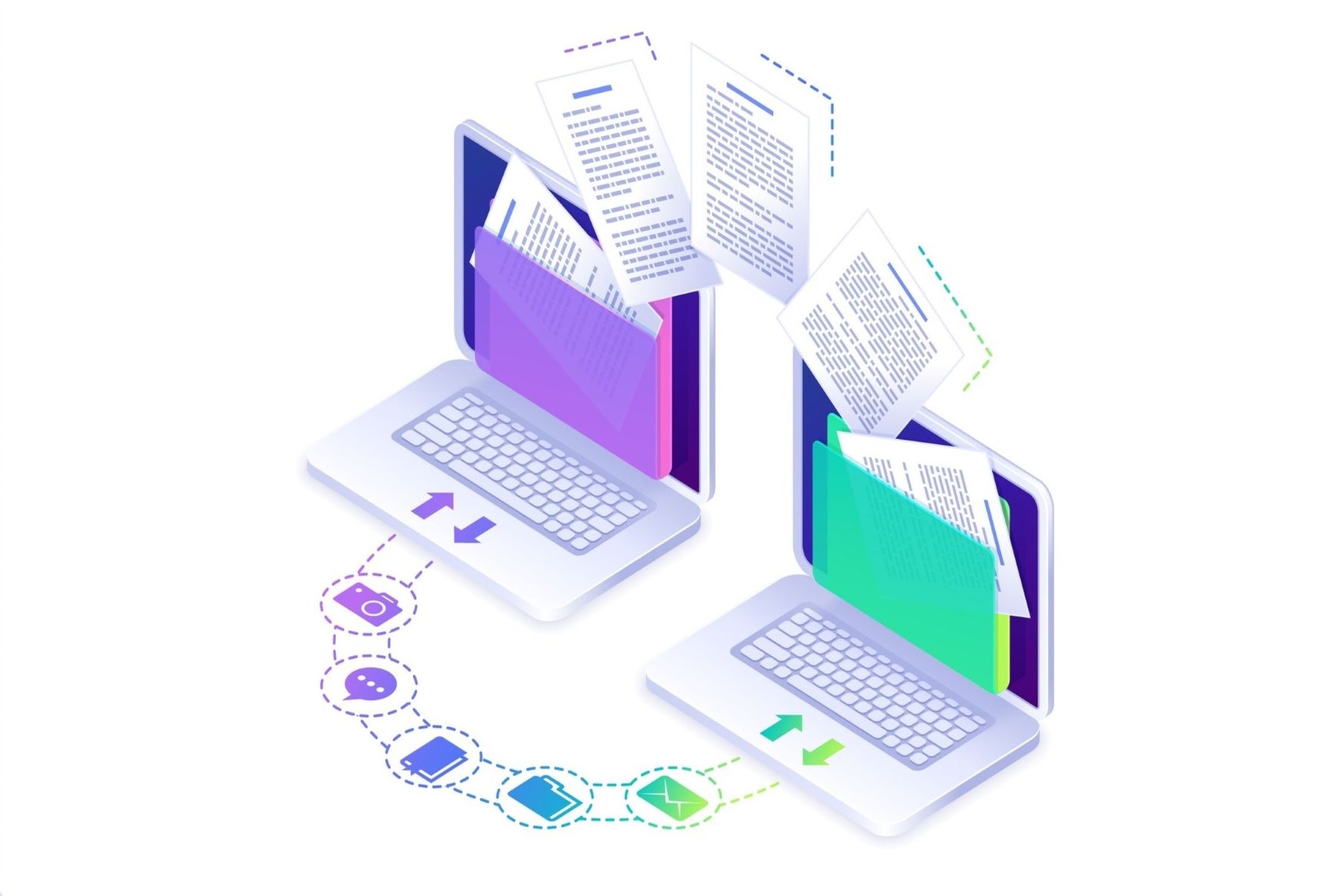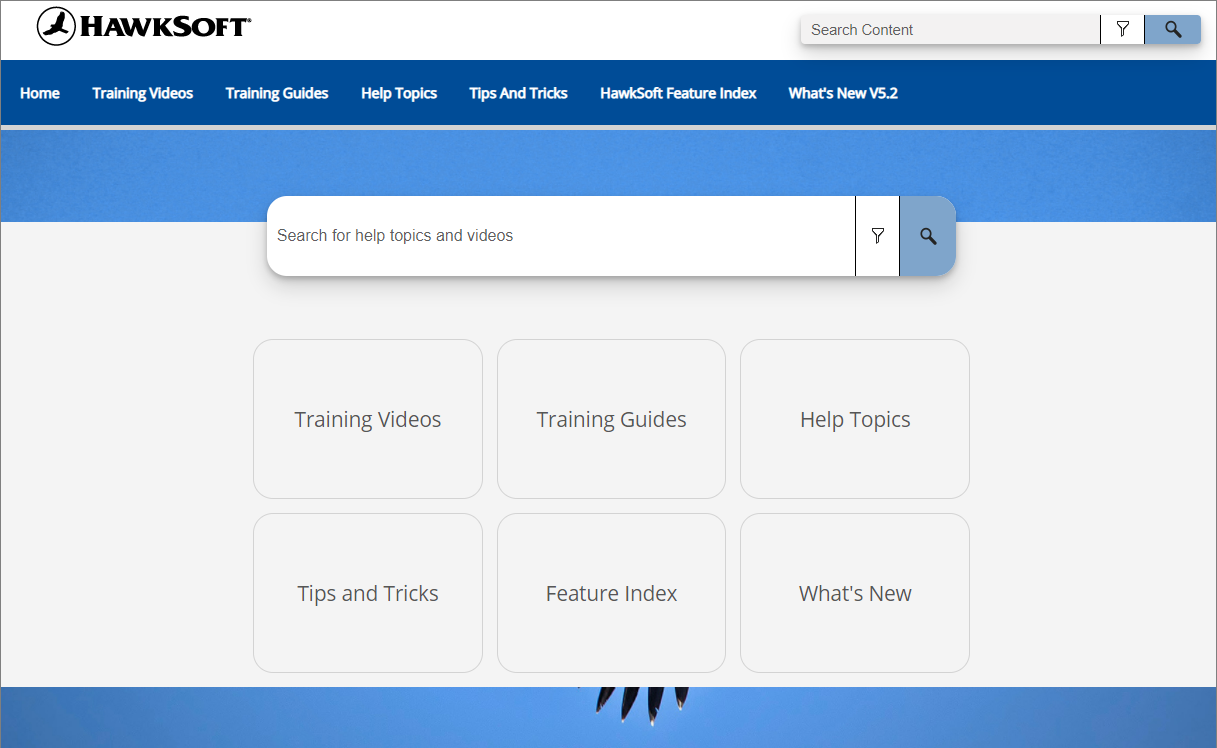Whether you're a seasoned lifelong insurance agent or you're brand new to the insurance industry, you likely have a general idea of what insurance software is; perhaps you've used it in the past or still do today. But since insurance software is such a broad term—and because technology is in a constant state of advancement—it's helpful to further explore this topic to better understand how it can help you succeed from an operational efficiency standpoint, and in the process, deliver a better overall customer experience.
In this article:
- What is insurance software?
- What are the benefits of insurance software?
- 5 recent trends in insurance software and technology
- Questions to ask before selecting an insurance software vendor
What is insurance software?
Insurance software equips insurance professionals with the technological tools and systems that streamline the various tasks and ongoing responsibilities of an insurance agency. Including applications for policy management, carrier downloads, sales pipeline tracking and data management and security, insurance software boosts operational efficiency, ultimately leading to a better overall customer experience for clients and agency staff. The incredible amount of functionality that software developers offer helps explain why so many agents use it—and will continue to do so. The global insurance software market is expected to grow by over $7 billion between now and 2025, according to MarketWatch.
What are the benefits of insurance software for increasing operational efficiency at an agency?
Policy management
From underwriting to quoting to policy issuance and renewal, insurance software assists with the various elements of policy management and policy administration by automating these tasks.
Carrier downloads
Carrier downloads allow agents to be trusted partners for their clients by ensuring agencies always have the very latest policyholder data that is relevant to the needs of their clients. This increases profitability, improves staff efficiency, and builds stronger relationships.
Sales pipeline tracking
Sales pipeline tracking provides ongoing visibility into the status of the prospects in your sales funnel. This helps to provide team members with the knowledge of where things stand and what else needs to be done to turn a lead into a policyholder.
Data management and security
With a reliable agency management system software provider or technology vendor, insurance agencies and agents are always in total control of their data, providing greater autonomy and ensuring that sensitive data is kept under lock and key. An agency management system can also connect client data with other systems or software that help you run your business, such as marketing automation or review management.
These are just some of the takeaway benefits of insurance software for agents. For agencies, it can also provide analytics that track the health of your business, minimize reporting errors, and increase visibility into the various departments of your agency or client data. Additionally, agency management software offers a host of value-added functionalities for independent insurance agencies. These include documentation management, email/text messaging communications, and task management for errors and omissions.
What are some of the latest trends in insurance software and technology?
1. Applied AI
As it pertains to the insurance industry, applied artificial intelligence is the leveraging of AI to further the use of software applications. Whether it's used to automate decision-making, for continuous learning or training, or for underwriting, applied AI is gaining traction in the insurance industry. According to McKinsey & Company, as applied AI becomes more ubiquitous, this technology could fundamentally alter core processes by predicting outcomes for traditional agency functions like underwriting, claims management, and billing.
2. Distributed infrastructure
The question isn't so much who is in the cloud, but who isn't, with some polls showing enterprises spend over $12 million each year on this type of distributed infrastructure solution, according to a report from Flexera. Most insurers, as well as the independent agents that leverage the cloud, believe it gives them a strategic advantage over competitors who aren't using it, according to Intuz.
Not only is the overall insurance industry utilizing the cloud, but professionals will likely shift more of their core systems to the cloud, McKinsey & Company reports. In doing so, agents will be in a better position to serve as "ecosystem orchestrators," for customers, carriers and reinsurers.
3. Instant communication with clients
The ability to communicate seamlessly and effortlessly with clients is critical as an independent insurance agent to maximize customer satisfaction and customize policies on an as-needed basis. Insurance agency management systems and customer relationship management platforms make this possible through batch emailing, instant messaging, text messaging, and virtual assistants.
4. Internet of Things
Internet of Things technology is all about personalizing the customer experience by sending and receiving data. Whether it's to customize car insurance policies through speed-tracking sensors, IoT smoke detectors, or smart devices that are installed in homes, the IoT can improve rate accuracy and risk assessment. By the end of 2022, the IoT insurance market worldwide is expected to be valued at approximately $42 billion, according to MarketsandMarkets.
5. API Integration
API integrations enable agencies to pull data from their agency management system software into other software platforms that they use, such as those for data analytics, email marketing, marketing automation, or review management. This enables data exchange, enhances productivity, and can drive growth in terms of productivity as well as revenue.
Questions to ask before selecting an insurance software vendor
From quote comparison websites to customer relationship management platforms to insurance agent management systems, insurance software is and does many things. But regardless of what software solution you choose, how can you be sure that an insurance software vendor delivers on its promises of operational efficiency, data ownership, and a better customer experience? A lot depends on your needs, but here are a few questions that can guide your decision:
- For insurance agency management software, what are the core and/or optional features that come with the solution (e.g. rater integrations, agent portal, batch email marketing, payroll services)?
- Is the solution on-premise or cloud-based?
- What can I expect from my return on investment?
- Who owns my or my clients' data?
- How do I know that my data is secure?
Choose HawkSoft
HawkSoft specializes in insurance agency management systems. We leverage the very latest insurance software capabilities to make every aspect of agents' day-to-day processes more efficient, hassle-free, and productive. Through document storage, batch email marketing, and many other features, HawkSoft's insurance agency management system software is designed to improve workflows and streamline communication with your clients. We also help you do more with your data and ensure that you're always the one that is in control of it, even if you decide to leave our system.
It's impossible to list all the benefits our agency management system has to offer, so we urge you to contact us to arrange a no-obligation demonstration.
Get help choosing the right platform for your agencyRead our white paper on 5 questions agencies wish they had asked before choosing an agency management system for tips on what to look for when choosing a technology platform for your agency. |







